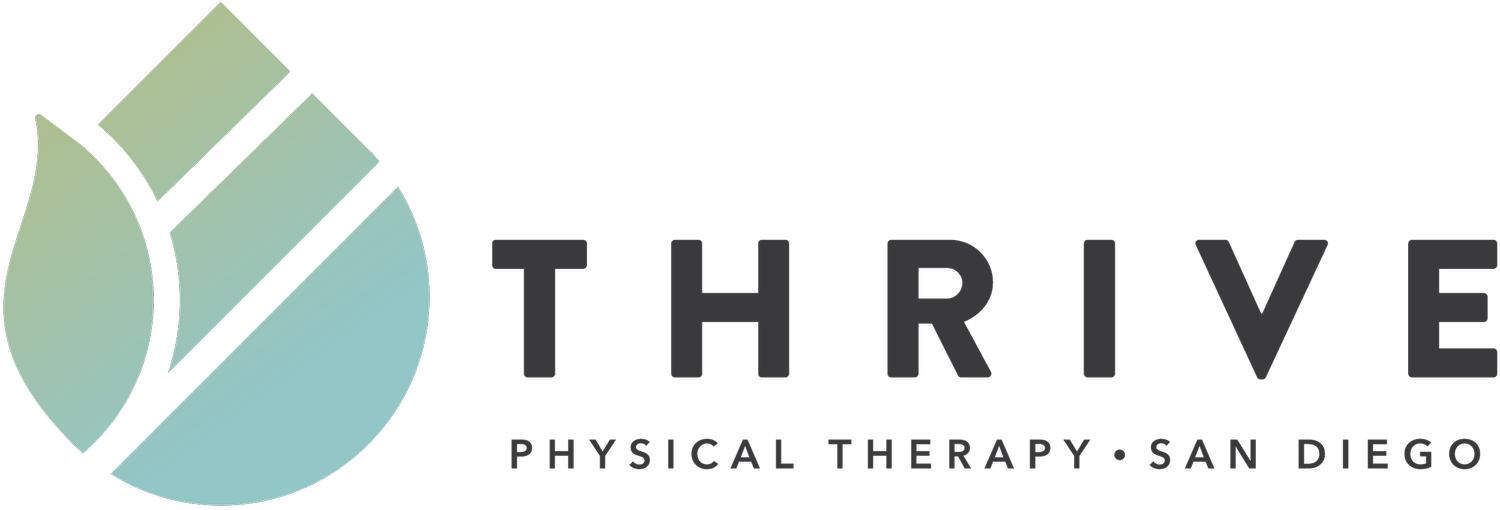5 Tips for Returning to Dance Class as an Adult
Written by Dr. Julieann Berg, PT, DPT
You’re still a dancer. I know what it’s like to classify yourself as a “has been dancer” because you stopped doing what you love when life got in the way.
After I graduated from PT school, I was convinced that I wouldn’t dance regularly again. Sure, I’d take a one off class here or there, but I thought my days of dancing with a community and with performance goals were over.
They say the best things in life happen when you’re least expecting them. This was definitely the case for me over the last few years with my dance journey. I moved to San Diego from Philadelphia in 2019 and was on the hunt for a dance studio in my neighborhood. A conversation I had with a life coach soon after moving inspired me to “lean in” to my dancing, because it’s my play and brings me insane amounts of joy. Who can relate?
I found a groupon for salsa classes at a studio nearby. I had never tried salsa before but had always wanted to learn. I went to my first class at Majesty in Motion in College Area and fell in love with the energy in the studio, the music, the sense of community, and of course, the beauty of the dance itself.
Before I knew it, I was training multiple hours a week regularly again. Heading to the studio after work energized me and dance became my meditation after a long day. I joined two teams and had my first performance at a huge salsa Congress nine months later. I forgot how much I missed the adrenaline rush of preparing for a performance with a team of dancers. There’s nothing else quite like it.
Fast forward a couple of years, and I’m training 10+ hours a week at Majesty, preparing for more performances, social dancing on the weekends, and making new friends, all as a working professional about to turn 30 :)
Here are five tips for returning to dance class as an adult from a dancing PT:
Find your community. Whether that’s a friend or two, or a studio that has a close-knit community of dancers, having people around you who love dancing as much as you do makes it easier to get back in class. Having the accountability of a friend to take class with also makes things easier. Book your class the night before to hold yourself accountable.
Start with a style and level that feels familiar and easy. If you’re really nervous about starting, take a beginner class in your favorite style. There’s no shame in reviewing the basics and it will boost your confidence in getting back out there.
Develop a cross training routine to support your dance goals. The time you spend strength training for your return to dance is an investment in your progress as a dancer. Stronger dancers have fewer muscle imbalances and are less prone to overuse injuries. Your dance physical therapist can recommend a strength training routine specifically for you to support your dance goals. Building strength also builds confidence and will promote body awareness and better alignment in class.
Warm up your body before the “warm up”. Unfortunately, not all dance warm ups are created equal and every teacher has a different style. Depending on your strengths and weaknesses, there may be specific mobility or strength drills you can do prior to class to help your body perform at it’s best during class. A dance physical therapist can help you figure out what your body needs before you dance.
Listen to your body and give it what it needs. Whenever we jump back into a physical activity, there are bound to be some new aches and pains, muscle soreness, and fatigue, especially as we age. Be sure you are fueling your body well before and after class. I usually recommend a carb heavy snack prior and a carb + protein meal/snack after to support recovery. Hydrate well during the day prior to class. Let yourself sleep in if you can. If you do start to experience pain that’s present at the start of class and worsens as you dance, you may be dealing with an injury. Muscle soreness will typically dissipate after 48-72 hours and improve with movement. A physical therapist who specializes in dance medicine can diagnose your injury and develop a plan to get you back in class pain-free ASAP.
Most importantly, have fun!
